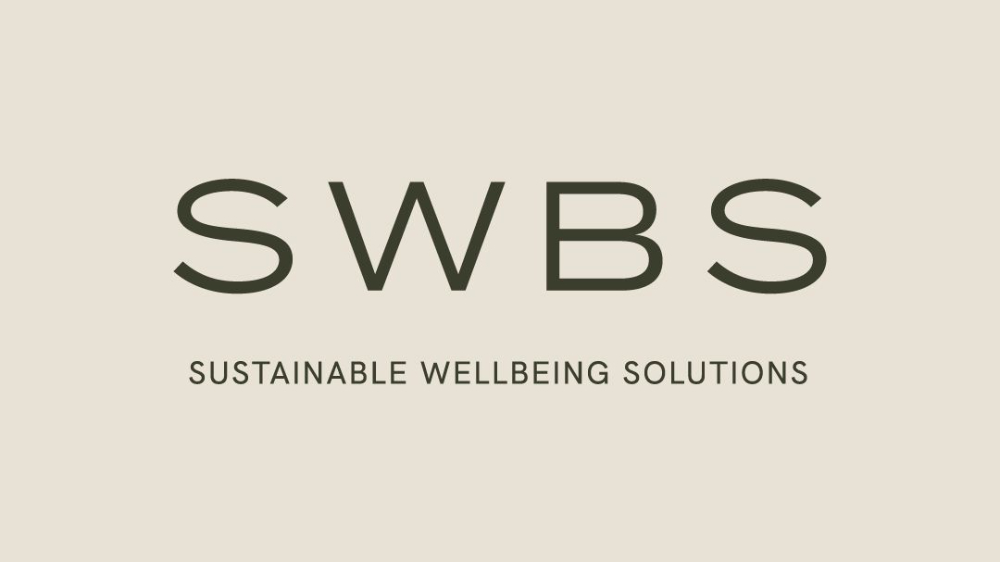When pressure enters the workplace
We need a foundation to build on
A structured online training programme for organisations facing sustained pressure, psychosocial risk and challenges to psychological safety.
It starts with a clear orientation phase, helping teams understand what people experience under pressure, strengthen psychological safety, recognise psychosocial risk, develop a shared language, and work with practical tools and a learning community.
The programme supports the integration of structured practice across aquick start, functional, business and corporate levels — towards sustainable wellbeing and credible ESG reporting.
Explore the programmeWho is this programme intended for?
This programme is designed for professionals and leaders who carry responsibility for psychological safety and psychosocial risk, often under conditions of sustained pressure and limited clarity.
It is particularly relevant for roles such as HR, HSE, prevention services and wellbeing leaders, as well as managers and executives who need to translate care for people into everyday practice, leadership decisions and governance — even when no formal policy is yet in place.
If your role involves safeguarding people under pressure — and making that responsibility practical, sustainable and defensible over time — this programme offers a structured and realistic starting point.

